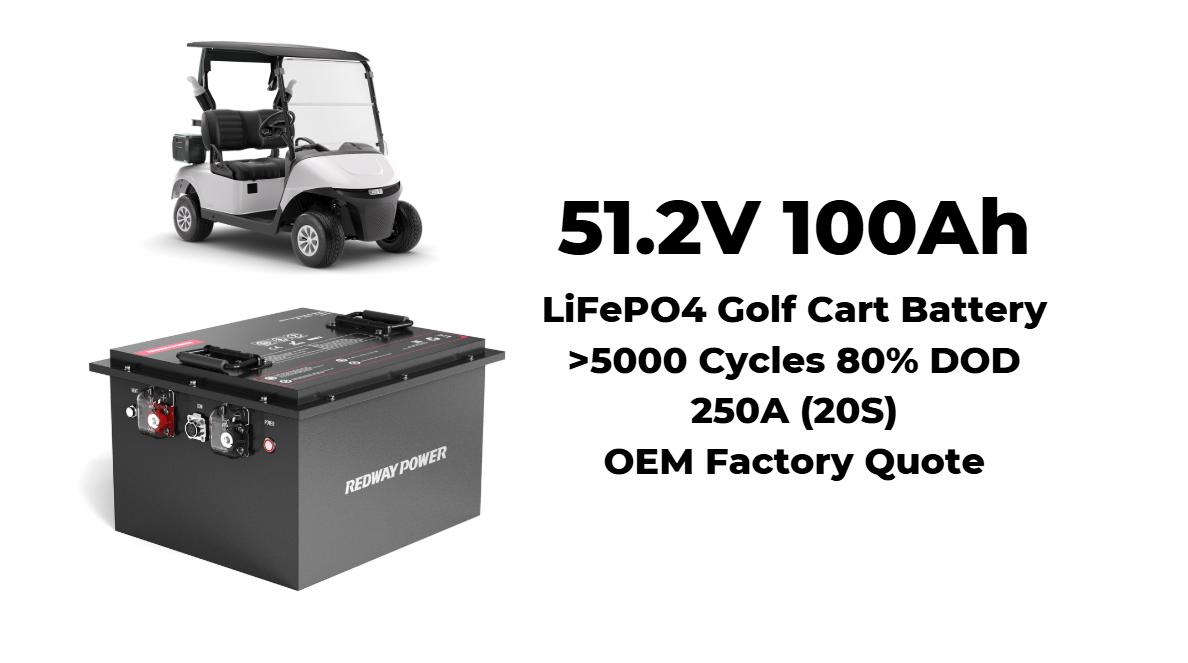
What Are the Basics of LiFePO4 Batteries?
LiFePO4 batteries, or lithium iron phosphate batteries, are renowned for their safety, longevity, and efficiency in various applications. Operating at 3.2V per cell, these batteries boast a lifespan of over 4,000 cycles and do not require special chargers. They are safe for indoor use and are available at competitive prices, making them a popular choice for energy storage solutions.
How Do LiFePO4 Batteries Work?
LiFePO4 batteries operate using lithium iron phosphate as the cathode material. This chemistry provides high thermal stability and safety compared to other lithium-ion batteries. The basic structure includes a cathode, an anode typically made of graphite, an electrolyte, and a separator that prevents short circuits. When charging, lithium ions move from the cathode to the anode, and during discharge, they flow back, generating electrical energy.Chart: Structure of a LiFePO4 Battery
| Component | Function |
|---|---|
| Cathode | Lithium iron phosphate (LiFePO4) |
| Anode | Graphite or carbon-based materials |
| Electrolyte | Lithium salt dissolved in an organic solvent |
| Separator | Thin membrane preventing short circuits |
What Is the Lifespan of LiFePO4 Batteries?
LiFePO4 batteries are known for their impressive lifespan, typically exceeding 4,000 charge cycles. Under optimal conditions and with proper maintenance, they can last between 5 to 10 years or even longer. This longevity makes them a cost-effective choice for applications such as solar energy storage and electric vehicles.Chart: Lifespan Comparison of Battery Types
| Battery Type | Average Lifespan (Cycles) |
|---|---|
| Lead-Acid | 500 – 1,000 |
| Lithium-Ion | 1,000 – 3,000 |
| LiFePO4 | 4,000 – 10,000 |
Do LiFePO4 Batteries Need a Special Charger?
LiFePO4 batteries do not require special chargers but benefit from chargers designed specifically for lithium chemistry. Standard lithium-ion chargers can be used; however, it is crucial to ensure they have the correct voltage settings (around 3.6V per cell). Using a charger not suited for LiFePO4 can lead to incomplete charging or battery damage.
Are LiFePO4 Batteries Safe Indoors?
Yes, LiFePO4 batteries are safe for indoor use due to their stable chemistry and low risk of thermal runaway. They do not emit harmful gases when damaged and have a significantly reduced risk of fire compared to other lithium-ion batteries. This makes them an excellent choice for residential energy storage systems.Chart: Safety Features of LiFePO4 Batteries
| Safety Feature | Description |
|---|---|
| Thermal Stability | Higher resistance to overheating |
| Low Risk of Fire | Non-combustible materials reduce fire hazards |
| Emission-Free | No harmful gases released if damaged |
Where Can You Find the Cheapest LiFePO4 Batteries?
Cheapest options for LiFePO4 batteries can be found through various online retailers and specialty battery suppliers. Websites like Amazon or dedicated battery stores often have competitive pricing. Additionally, purchasing directly from manufacturers can yield bulk discounts or promotions.Chart: Price Comparison of LiFePO4 Batteries
| Retailer | Price Range | Notes |
|---|---|---|
| Amazon | $100 – $600 | Wide selection available |
| Manufacturer Websites | $90 – $550 | Often have promotions |
| Specialty Battery Stores | $95 – $500 | Focus on quality and service |
How Can You Maintain LiFePO4 Batteries?
To maintain LiFePO4 batteries, charge them using a compatible charger, avoiding overcharging or deep discharging. Store batteries at around 50-60% charge in a cool, dry place, away from extreme temperatures. Regularly clean terminals and monitor battery health to ensure optimal performance and longevity. To ensure optimal performance and longevity:
- Avoid Extreme Temperatures: Store in environments between 10°C (50°F) and 40°C (104°F).
- Regular Charging: Keep the battery charged regularly to prevent deep discharge.
- Use Appropriate Chargers: Always use chargers designed for LiFePO4 chemistry.
- Monitor Battery Health: Regularly check voltage levels and overall condition.
Expert Views
“LiFePO4 batteries represent a significant advancement in battery technology,” states an expert in renewable energy solutions. “Their safety features combined with long lifespans make them ideal for both residential and commercial applications.”
Frequently Asked Questions
- What is a LiFePO4 battery?
A LiFePO4 battery is a type of lithium-ion battery that uses lithium iron phosphate as its cathode material, known for its safety and longevity. - How long do LiFePO4 batteries last?
Typically between 5 to 10 years or more than 4,000 charge cycles with proper use. - Do I need a special charger for my LiFePO4 battery?
While not mandatory, using a charger designed for lithium chemistry is recommended to ensure proper charging. - Are LiFePO4 batteries safe indoors?
Yes, they are safe due to their stable chemistry and low risk of fire or harmful emissions. - Where can I find affordable LiFePO4 batteries?
Online retailers like Amazon or manufacturer websites often provide competitive pricing on these batteries.
